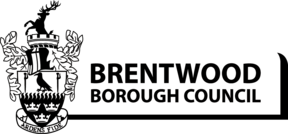Anyone who displays an advertisement, without the necessary consent, is acting illegally.
Advertisement regulations are complicated and seek to control, amongst other things, their height, size and illumination. In planning law, there are three types of advertisements and signs:
- those 'expressly' excluded from planning control
- those that have 'deemed consent' – which means consent is not needed if the advertisement falls within certain categories
- those for which our consent is always needed
Unless the offence is particularly flagrant or repeated, we may not prosecute at first. Instead, we may invite the advertiser to apply for the consent needed. If consent is refused, the advertiser has a right of appeal to the Secretary of State.
Where we have evidence that an advertisement has been displayed after consent has been refused, and any appeal dismissed, we will prosecute in the Magistrates Court. Successful prosecution can result in a fine. The fine may increase for each day that the offence continues after conviction.
Fly-posting
Any form of fly-posting – that is, displaying an advertisement without landowners consent – is an offence that we may prosecute, with the removal or obliteration of the advertisement.
Where we can identify the advertiser of the fly-posting, we will give 2 days' notice before removal or obliteration takes place.
Advertisements on the highway or council-owned land
Advertising on the highway or council-owned land without consent is illegal.
We will remove unauthorised advertisements from our land and without warning. Where they are linked to other unauthorised advertisements on privately-owned land we may seek their removal too, as a more effective and efficient way of working.
